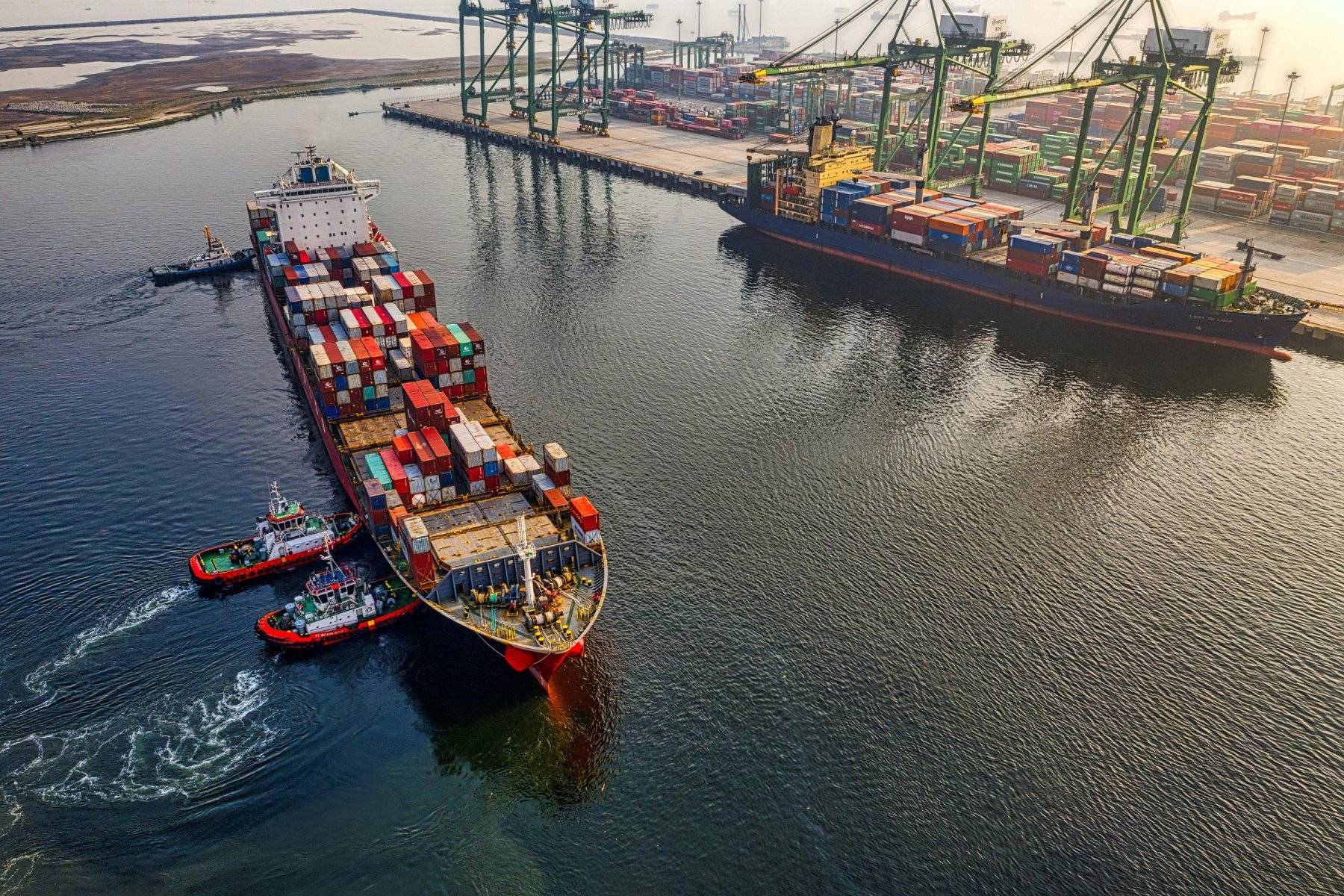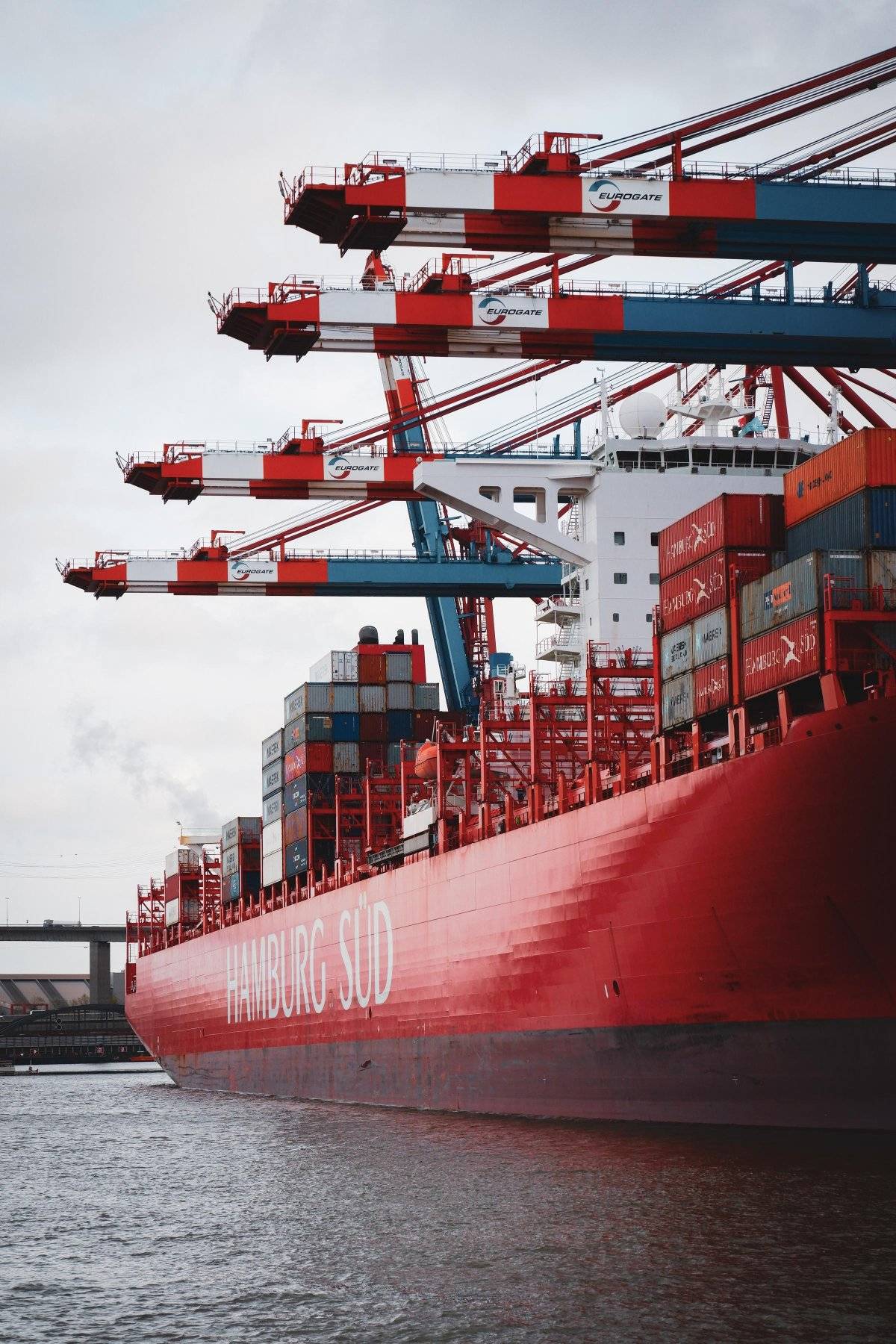Container transportation is rightfully considered one of the most promising types of services. If you are in this area, then familiarize yourself with the technologies that will change container shipping sales.
Three Technologies That Will Change Container Shipping Sales

The main difference between the freight industry and other transport logistics segments is that the main load is the container. This is a package for smaller goods, convenient to transfer from one vehicle to another in the declared time frame - no matter whether it is freight, sea, or air transport - containers can be used everywhere. This transportation method reduces the time for loading and transshipment and allows you to calculate in advance how many products one transport can transport.
Simultaneously, from the point of view of sales automation, transportation is not a product but a service. And in CRM systems, it is a sale of a project with a particular set of services. The subtlety is that depending on the industry and business model, different transportation aspects are critical. For food retail and mechanical engineering, the leading role will be played by the timing. Chemical industry enterprises are most worried about cargo safety. Constant transportation processes with the same terms and prices are critical for metallurgy.
Large players in the container transportation market usually have their transport - barges, aircraft, water transport, their own space for warehouses. Simultaneously, the processes of interaction with the client often before selling such companies are not developed enough - who, when, and what communicated with the potential customer is often impossible to track. The situation is complicated because many people participate in the transaction chain - it is challenging to collect and accumulate the necessary information in a simple form for perception.
Of course, in such a situation, it is correct to organize all the work of the commercial unit with the help of a CRM software that will allow you to control the entire sales process: from receiving a customer request to starting transportation, generate reports on planned and actual indicators, automatically distribute transactions by stages, conduct mass marketing campaigns and assess the level of customer satisfaction.
However, transportation-related business processes are becoming more complex, customers are becoming more demanding, and upgrading the commercial part with CRM is often not enough to maintain leadership positions. Therefore, we would like to familiarize you with freight transportation technologies.
Big Data
Big data is one of the new universal shipping technologies. Properly creating a cargo chain is a strategic advantage. Most business costs go to transportation, so it is beneficial for logistics operators to build optimal routes to reduce costs. That is why big data analytics and forecasting are now coming to the fore - you can transport goods in various ways, and choosing the best route and method of delivery and the speed and price that the client will receive, as a result, will significantly affect competition.
E-Commerce
A CRM system in container shipping is often an unprotected IT solution that stores a customer base. Simultaneously, when management begins to think about how many customers the company loses in the presale process, whether it is possible to reduce this number and increase the buy of goods, there is a need to track processes and work results. Sometimes this leads to data leaks.
VeePN comes to the rescue. If you store the database in online systems, you can use the free trial or buy full version to feel all the benefits. This VPN server helps your data to remain anonymous (here you can check the review from the top VPN providers on Cool Tech Zone). Any hacker will not be able to see the information without knowing your exact location, as he will need to connect to the network you use.
In cases where there is a productive CRM system integrated with electronics erp features, managers have useful information for processing - which employees sell better, in which situations leads are most often lost, and so on. However, this is not enough; carriers need an eCommerce site where partners and customers themselves will be able to calculate the project's cost, get additional information, and make an order. Such data must be transferred to the CRM system. All this will allow the carrier to get the correct sales analysis, and customers and partners will have a convenient and easy way to interact with the company, which does not require telephone conversations or crossing working hours. Also, they can download the necessary information without negotiating with you.
The introduction of such an eCommerce platform will free up the time of the carrier company's sales managers to communicate with key customers and transfer the main contingent of customers to self-service online. It will also be an additional tool to increase customer loyalty and reduce their outflow since the high-quality implementation of personal account functionality will ensure complete transparency and ease of execution of all operations.
Now there is a fashionable term, "omnichannel." It means that no matter what channel we interact with the customer, their purchasing experience should remain at an invariably high level. Simultaneously, such a platform can include several IT systems responsible for automating various sales channels: ECommerce, CRM, ERP, contact centers, and many others. We remind you to protect all data from using servers. We describe that one of these is VeePN. It is worth noting that the total VPN price is small, but you can always stay safe. We recommend that you pay attention to such solutions because they can use both customers and suppliers.

Internet of Things
Now the container is just an iron box. No one tracks any processes inside or outside the box. Simultaneously, it is possible to easily predict, fix, and complicate any problems occurring within the container using existing technologies. Special sensors can read the temperature, check the equipment's operability or the integrity of the tanks with chemicals, notify the central system in case of danger and transfer the repair of the problem to the manager or the necessary engineer. These are just a few examples of how the Internet of Things can improve container shipping sales efficiency.
Container transportation is a rather conservative industry, but the winner is always the one who offers the most extensive set of services quickly and conveniently for the client and also at the most optimal price in an understandable time. To find this balance, circumvent competitors in the fight for customer choice, and develop business, you need to make the most of the IT tools that are already on the market and constantly look for and try new technologies. Companies that are the first to find and apply advanced solutions in their field will set new standards for the entire industry and become market leaders.

